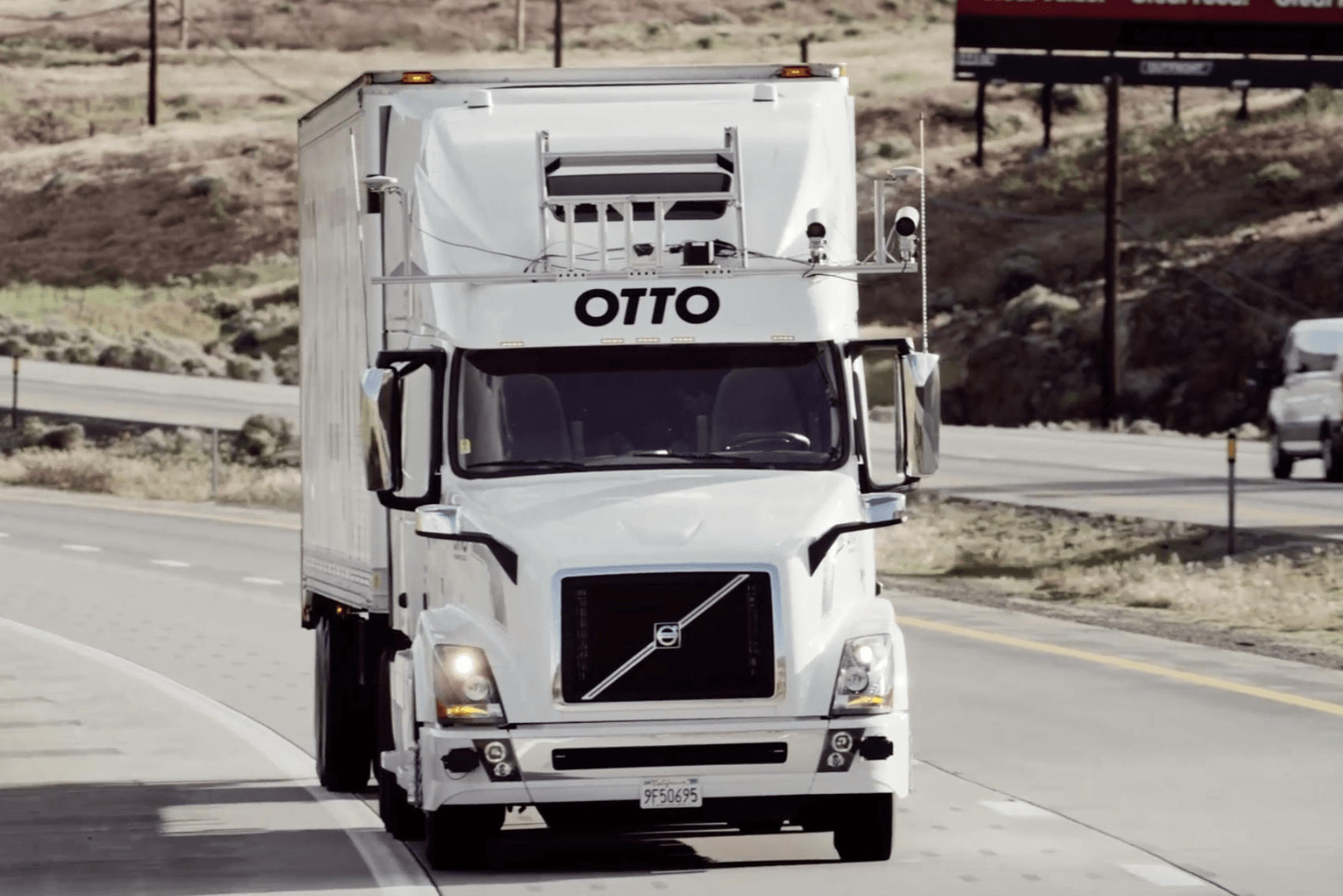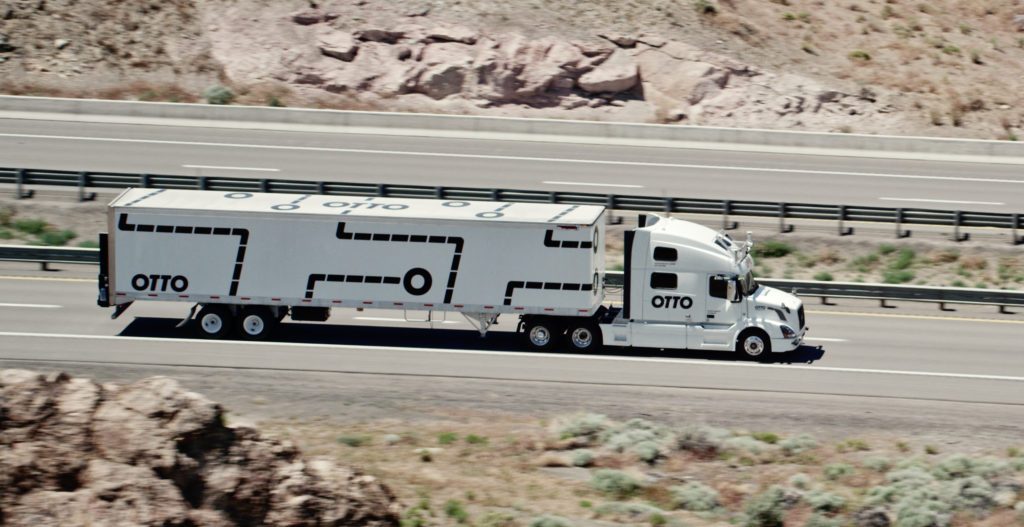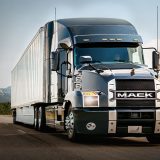America is facing a dire shortage of truck drivers.
The causes include lack of competitive wages, a perception problem, demographic challenges, and technology that might soon make truckers obsolete. And now a new research study from the University of Pennsylvania concludes that self-driving technology will replace as many as 294,000 truckers in the next 25 years.
Of course, there have been fears about the dearth of truckers for years, but autonomous vehicles is a relatively new concern that might accelerate an industry crisis.
So Will Autonomous Trucks Really Replace Drivers?
Brian Fielkow, chief executive of Houston-based Jetco Delivery, has a different take on autonomous trucking.
Brian Fielkow, Chief Executive of Jetco Delivery
Enjoying our insights?
Subscribe to our newsletter to keep up with the latest industry trends and developments.
Stay Informed“A lot of people think self-driving trucks are going to (diminish) the need for truck drivers,’’ Fielkow said recently on Yahoo Finance’s Midday Movers. “Actually, that’s not the case. In my mind, the biggest asset that technology is going to bring is that it’s going to attract drivers back into the trucks. The driver-assist technology, automatic breaking, roll stability, speed and space management, the ergonomics, the comfort that’s coming into new trucks, [are] going to make truck-driving fun again.’’
Fielkow also thinks the technology is still far from becoming mainstream in the industry anyway.
“A fully autonomous truck, one with no human being in the cab, I know the technology is there,” he said, but, “we’re not ready for it.”
To be sure, many might see Fielkow’s take as wishful thinking, especially as Google and Waymo recently partnered to ramp up self-driving truck testing.
Truck-Driving Culture Change Needed
And there’s a lot more that also needs to change with the culture of truck-driving to rejuvenate the industry.
For starters, there’s pay. The average U.S. trucker makes $44,500 per year, according to the Bureau of Labor Statistics. A number of companies have boosted pay to attract new workers: Jetco now pays its drivers an average $60,000, and Brenny Transportation in Minnesota bumped pay by 15 percent and says it has many drivers making $80,000. But pay alone isn’t enough.
Fielkow believes that the overall image of trucking needs to improve and that it’s partially on the public to help with that part.
“We’ve got to talk about respect,’’ he said. “It’s time that we as a society regain our respect for the professional men and women that deliver everything that we own.’’
Walmart and Amazon Spurring Growth
The staggering growth of Walmart and Amazon has created an urgent need for more drivers. Amazon, in particular, is having a major impact on the industry: The company recently launched a program allowing entrepreneurial Americans the option to become Amazon delivery partners. The news sent shares of shipping giants like FedEx (FDX) and (UPS) down.
If pay and reputation can improve industry-wide, then the trucking industry can worry about self-driving tech, the impact of which may still be overblown.
“I do not see, at least for the next 20 years, fully autonomous trucks driving next to my family and your family on the highways,’’ Fielkow said.
(this article was first reported by Yahoo Finance)
























